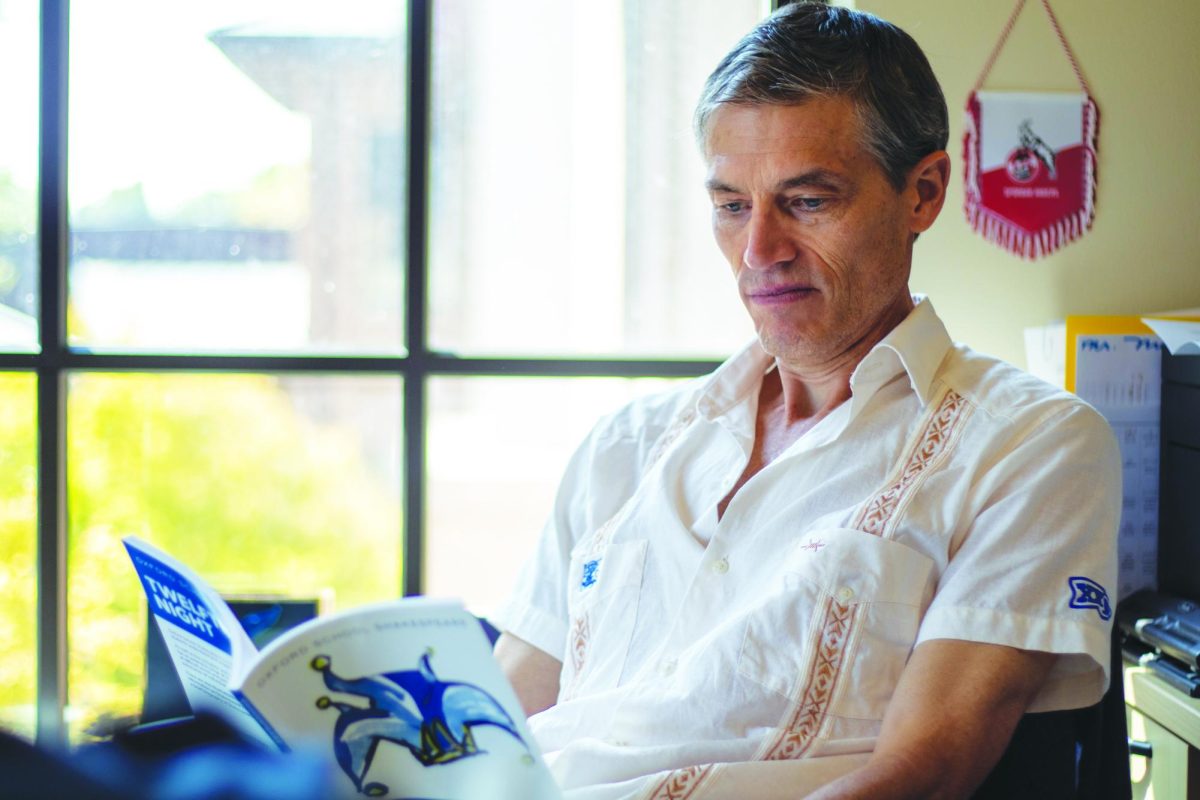At the end of the semester, dealing with stress and anxiety can be a big problem for the Marksman. According to Upper School Counselor Dr. Mary Bonsu, here are five pieces of advice to be calm and mindful:
- Start small and realistically
To begin, don’t aim to sit cross-legged on the floor for 45 minutes, forcing yourself to clear your mind. Start with a manageable goal, like one or two minutes. You don’t have to sit cross-legged on a mat if you don’t want to. You can lie on the floor, your bed, or the coziest spot in your house.
- Practice effortless breathing
Focus your attention on the natural rhythm of your breath. Notice the way air flows in and out of your lungs and how your chest rises and falls with each breath. For just one solid minute, observe your breathing — not trying to breathe deeply but simply following the rhythm with your mind. This simple act helps turn off the stress response.
- Let a voice be your guide
Whether it’s during Health and Wellness class or in chapel, you’ve likely experienced moments when another voice guided you into a state of relaxed, focused attention. Often, these sessions are read from a script. You can use a script as your guide, letting each statement serve as a suggestion you follow if you feel comfortable. There are plenty of mindfulness scripts available online, covering topics like mindful eating or increasing motivation for studies.
- Integrate mindfulness into routine activities
The idea of adding another to-do item — like a mindfulness practice — may not initially feel relaxing. Instead, weave mindfulness into activities you’re already doing. Pay attention to the small details of your daily life:
- Walking: Notice how your feet connect with the ground.
- Eating: Savor the taste of your favorite foods and observe how your taste buds respond.
- Hobbies: Engage with the textures, sounds, and sensations involved in your art, sport, or creative endeavors.
- Make it routine
Choose a consistent time for mindfulness, like a few minutes before bed or right after waking up in the morning. Flexibility is key — fit mindfulness into the natural ebb and flow of your daily life. Consistency fosters a sense of control, and this increased perception of control helps reduce stress.














